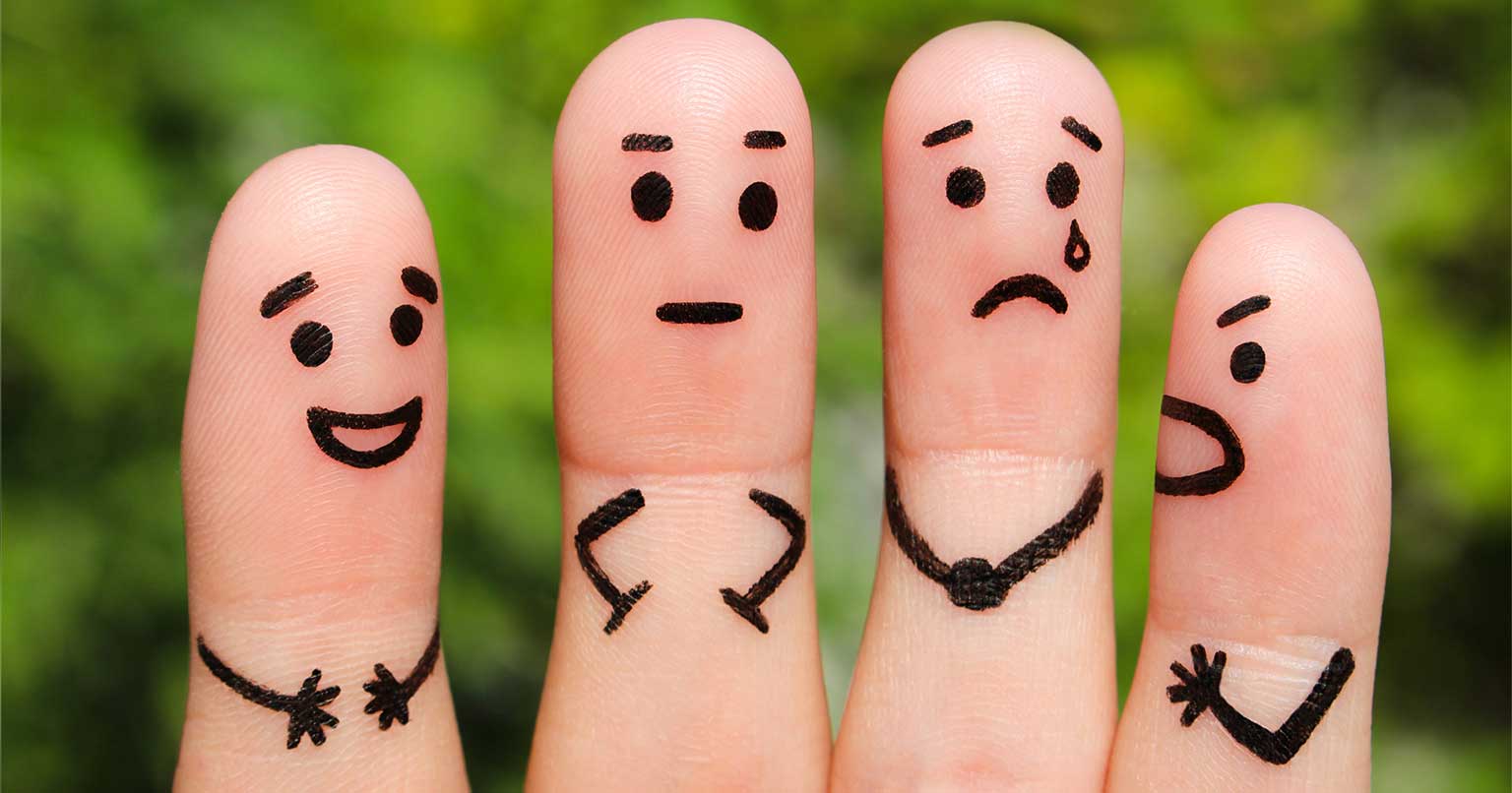Mental Health Awareness Month is observed annually, with its origins tracing back to the 1940s. Mental Health America was first established as part of a broader advocacy campaign to raise public awareness and promote understanding of mental health issues.
Building Community Through Mental Health Awareness
- Awareness: Activities throughout the events and campaigns of Mental Health Awareness Month can help even with reducing stigma related to the elimination of understanding mental health issues.
- Share and Educate: Share your stories and educate yourself and your peers to bring a sense of community together among individuals, yet encourage them to seek help.
- Support One Another: Mental health issues should not be a personal problem but a group concern; support friends, family, and the community for a good life.
Initially, the week of mental illness awareness was in 1949, but it became a month-long observance in the 1990s. It aimed to educate people about mental health in a simple yet profound way, reduce stigma, and seek help when necessary.
The importance of Mental Health Awareness Month is not one to be underestimated. It serves as a valuable platform for individuals, communities, and organizations to come together, fostering collaboration and creating an ideal opportunity to engage in meaningful discussions about mental health.
This can perhaps be the time that we shed more light on mental health conditions, eliminate the prevailing barriers, and remind people that mental health is as important as physical health.
Why We Celebrate
There are many reasons to celebrate Mental Health Awareness Month. First and foremost, it raises people’s awareness about the challenges that many people face regarding their mental health. According to the National Institute of Mental Health, nearly one in five adults in the United States lives with a mental illness; however, mental health issues are stigmatized and misunderstood.
For example, this month reminds me that mental health cuts across all ages, genders, identities, and backgrounds. Therefore, open conversations about mental health are encouraged through the celebration of such a month, setting in motion the steps to normalize conversation that would otherwise be awkward to talk about. Let’s be able to empower the individual, support one another, and build communities that matter.

The Current State of Mental Health
Statistics and Trends
Let’s understand the importance of Mental Health Awareness Month through contemporary surroundings. Recent statistics:
- 21% of adults in the U.S. experience mental health issues.
- 1 in 6 youth aged 6 to 17 years have a diagnosed mental health disorder each year.
- Suicide is the second leading cause of death for ages between 10 and 34 years.
Such statistics show the importance of addressing mental health matters in our societies. With the COVID-19 pandemic complicating things further, many people now feel more anxious, depressed, or lonely, isolated by social conditions and uncertainty.
The Impact of Stigma
Although mental health conditions are widespread among young people, there is much stigma that still prevents people from seeking help. Most people fear judgment or discrimination if their problems become known. This stigma takes the form of negative stereotypes as well as overt forms of discrimination in schools and workplaces.
For instance, people might avoid treatment because of the fear that others might view them as weak or unstable. This resistance to healing further deteriorates mental health conditions and deprivations from avenues that would otherwise allow people access to help. Mental Health Awareness Month is meant to reverse the above stigmas by discussing the topic and providing more information about mental health concerns.
Personal accounts can bring across the mark of stigma quite aptly. Using the example of Sarah, who was a young professional and suffered from anxiety, she kept her issues unheard for all these years in fear of being judged by her peers should they know of them. Only when she attended the Mental Health Awareness Month event did she feel validated as she heard others; what motivated her was that she was not alone.

How to Get Involved
Local Events and Activities
Local events or activities are among the most exciting activities you can participate in. Many communities now host workshops, seminars, and rallies for mental health awareness. Here are some ideas on how you can get involved:
- Attend Community Events. Check your local community calendar for events related to mental health awareness. Health fairs, workshops, or speaker series could be held there.
- Host a workshop. If you are a mental health enthusiast, consider hosting a workshop or discussion group. Invite your friends, family, or colleagues to discuss mental health and share some resources.
- Walks and fundraisers. Many organizations hold walks or fundraisers for the cause of mental health. Participating in these activities raises money for mental health services while indirectly creating public awareness.
- Connect With Local Support Groups. Seek local support groups for mental health issues. Such groups provide safe forums for sharing experiences and learning from others.
Online Platforms
In this technological world, there’s much that you can do online to contribute to mental health awareness. Here is how you can get involved online:
- Social Media Campaigns. Most organizations will run campaigns on social media platforms during Mental Health Awareness Month. Join the conversations using hashtags like #MentalHealthAwareness, #EndTheStigma, or #BreakTheSilence
- Webinars and Virtual Events. Take part in webinars or online events focusing on mental health issues. Here, you can gain information you can share with others.
- Engage with Online Communities. Join online forums or social media groups focusing on mental health. Sometimes, the power of your story and support makes all the difference.
- Share Resources. Share articles, personal experiences, or other mental health-related materials through your social media channels. A post from you may change someone’s life.
Volunteering and Advocacy
If you wish to do more, why not take up the role of an advocate for mental health causes or volunteering? Suggestions include the following:
- Volunteer with Local Organizations. Many organizations dealing with mental health lack volunteers who assist in events that they may organize and provide peer support, among other things.
- Advocate for Mental Health Policies. Engage with policymakers at the local level to advocate for resources and policies related to mental health in your community. Write letters, attend town hall meetings, and raise your voice for change.
- Educate Others. Use your knowledge and passion for mental health to educate those around you. Host workshops or discussions at schools, workplaces, or community centers.
Tips for Raising Awareness

Share on Social Media
Social media is an excellent tool for raising consciousness and educating people about mental health. Here are some tips on how to effectively use social media to promote mental health awareness:
- Be Authentic. Write about your experiences with mental health if you feel safe enough to do so. Personal stories can be less intimidating for others to consider seeking help.
- Use Visuals. Share infographics or videos that make mental health topics enjoyable. More complicated information could be related through visuals.
- Provoke Discussions. Use open-ended questions in your social media posts to provoke discussion on mental health, which can develop into helpful support communities online.
- Point out Resources. Share some links to mental health resources, hotlines, and organizations. Providing information may help people seek help when needed.
Educate Yourself and Others
The key to raising awareness of mental health is education. Here are some ways to educate not only yourself but also those around you:
- Read Books and Articles. Many excellent books and articles discuss mental health issues. Consider reading them and sharing what you learn with others.
- Attend Workshops and Seminars. You can enroll in many workshops on mental health education. These will educate you on the support of people with that condition.
- Watch Documentaries. Some excellent documentaries teach about people’s living experiences. Show such documentaries to them.
Personal Stories and Experiences
The Power of Sharing
Often, the best way to make others feel it is by sharing some personal stories about their mental health. It can contribute to reducing stigma and building a sense of community in those who have already been through the battle. Here’s why sharing is so effective:
- Make Conversations Normal. It helps people normalize conversations surrounding mental health. They are reminded that they are not alone in their battles.
- Creates Connection. Personal stories often create connections between one person and another, thus engendering a sense of belonging and understanding.
- Empowers Others. Whenever someone narrates how they have coped with their mental health challenges, it often inspires those facing a similar issue to seek help and hope.
How Sharing Can Help Others
Sharing your story could have such a profound impact on someone else. Here is how it can help:
- It inspires others to open up and share their stories, setting a wave of openness in motion.
- It creates an atmosphere of support where those facing challenges feel comfortable opening up and seeking help.
- Breaks the Barriers: When shared, relatable stories can help break down the barriers of misunderstanding and stigma attached to mental health issues.
The Role of Mental Health Professionals
Supporting Mental Health Awareness
Professionals in mental health play a huge role in alerting individuals to the problem or concerned parties and supporting those in need. These include:
- Education and Advocacy. Most mental health professionals are actively involved in some form of public awareness campaign or initiative that educates people about mental health issues.
- Providing Resources. Most mental health professionals have resource material, such as pamphlets, workshops, and seminars, that may benefit those seeking to understand mental health.
- Facilitating Open Communication. Mental health professionals provide an environment of openness and acceptance to diminish stigma and encourage consumers to step forward.
Resources for Getting Help
Do you or someone you know struggle with mental illness? Here are some resources when help is needed:
- National Suicide Prevention Lifeline. A free, confidential, 24/7 resource for support, information, and referrals by people trained to help individuals in crisis.
- Mental Health America. An organization that offers people seeking help on mental health issues.
- Local Community Centers. Many communities have mental health centers that offer counseling services, support groups, and resources for those in need.
How You Can Make Mental Health Awareness Count
Mental Health Awareness Month is a great opportunity for individual and community involvement in mental health awareness. Combating stigma occurs through awareness, storytelling, and participation in events.
Remember, mental health matters. Everyone has something to say about raising awareness and supporting each other. Be it social media, community events, or a friendly chat with friends and family, you can be part of the change. Let’s set out to make a world where mental health receives more attention and every human being feels empowered enough to seek help when needed.
If you or someone you know is seeking support, Friendly Recovery offers a range of compassionate and effective services, including Intensive Outpatient Programs (IOP) and Partial Hospitalization Programs (PHP). Take the first step toward healing!
A better tomorrow starts today.
All calls are 100% free and confidential.
Frequently Asked Questions
- What is the theme for Mental Health Awareness Month 2024?
The theme for Mental Health Awareness Month may differ each year. Often, the theme is related to mental health, such as decreasing stigma about mental health issues, promoting self-care, or urging individuals to express their own personal concerns about mental health. To know the theme for this year, it would be best to check with organizations like Mental Health America.
- How do I assist someone who has issues concerning his or her mental health?
There is the need to listen more attentively, assist the person having mental health issues, find good resources, and learn about their condition. Let them know that you have no judgment.
- What signs in someone indicate they might need mental health support?
Watch out for such a person when mental health assistance is needed, as indicated by mood swings, social withdrawal, loss of concentration, changes in patterns of sleep or appetite, and hopelessness, among others. You should encourage people around you if you suspect signs, and tell them slowly to get professional help.
- Are there free mental health counseling resources?
Yes, most organizations will provide free mental health resources. You will often find that hotlines, community counseling centers, and support groups are available at no cost. Local resources should be available, but you can also seek out national organizations, like the National Alliance on Mental Illness (NAMI).
- How do I start discussing mental health with a person?
One can begin a conversation with care or thoughts about mental health. For example, one could tell another classmate, “I have been reading more concerning mental health, and I feel that this topic should be discussed; how are you?” Start the conversation with empathy and openness to get a supportive conversation.










